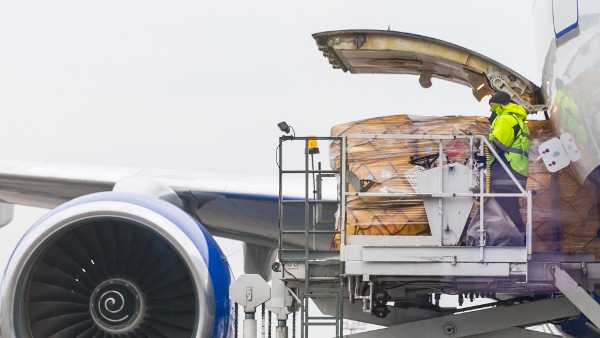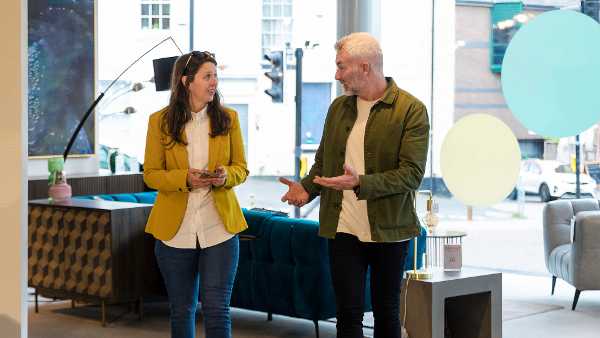How to work with a supplier: from first contact to order
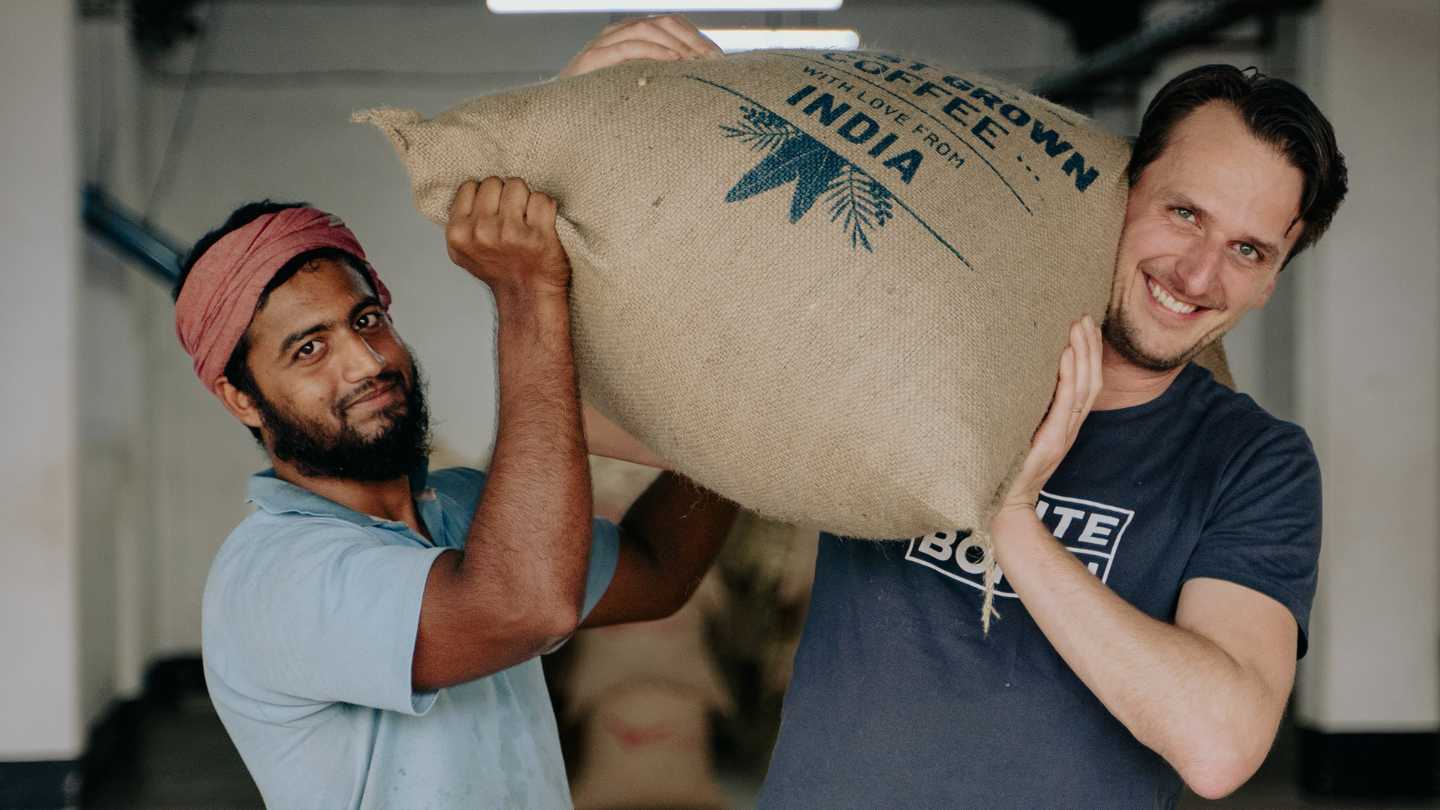
- Rinke den Os
- Background
- 8 July 2024
- Edited 23 October 2025
- 6 min
- Starting, Managing and growing
- International
Iris Ramackers and Jop Bröcker work with manufacturers on the other side of the world. Ramackers' socks come from China, Bröcker gets his coffee from India and Bolivia. In this article, they talk about their first order and contact with their supplier.
When you want to sell items from abroad in the Netherlands, you have to look for a supplier. Iris Ramackers (IR) and Jop Bröcker (JB) know all kinds of things that come into play here. They negotiate with foreign manufacturers themselves. That was quite exciting and uncertain in the beginning. We asked them five questions about how they do business with their supplier.
How did you find your supplier?
IR: "I wanted a supplier close to home. In the Netherlands, I had meetings and saw opportunities. But the cost price was so high that I looked further, across the border. In Italy and later Türkiye at first, but I dropped out on the cultural differences. I missed a business mentality. When I was left with some questions, I phoned a KVK adviser. He gave me the idea of talking to a forwarding agent. That way, I ended up with a business in China. For the socks, I now pay a fifth of the price I would pay in the Netherlands. And that includes transport and other costs like import duties."
JB: "I sent some emails to India when we were getting started. My business partner and I had figured out that the coffee we liked came from there. He bought his beans from a Dutch importer and roasted them at home with a hobby roaster. We decided we wanted to do this on a larger scale. With the idea of selling a subscription, with which people always have freshly roasted beans at home. The funny thing is that I got a reply to my email to India after just one day. From Ronald from the Netherlands. He worked for the coffee producer and was able to help me along."
Iris Ramackers
Owner of PAIR'M
Iris Ramackers calls laundry “a thankless task”. Her business PAIR'M's clickable socks make it a little easier. Because sorting afterwards is no longer necessary. "Research showed it is an annoyance for many people," she says. Also for Ramackers personally: "I grew up in a split family and was always missing socks. Then one would be with my father and one with my mother."
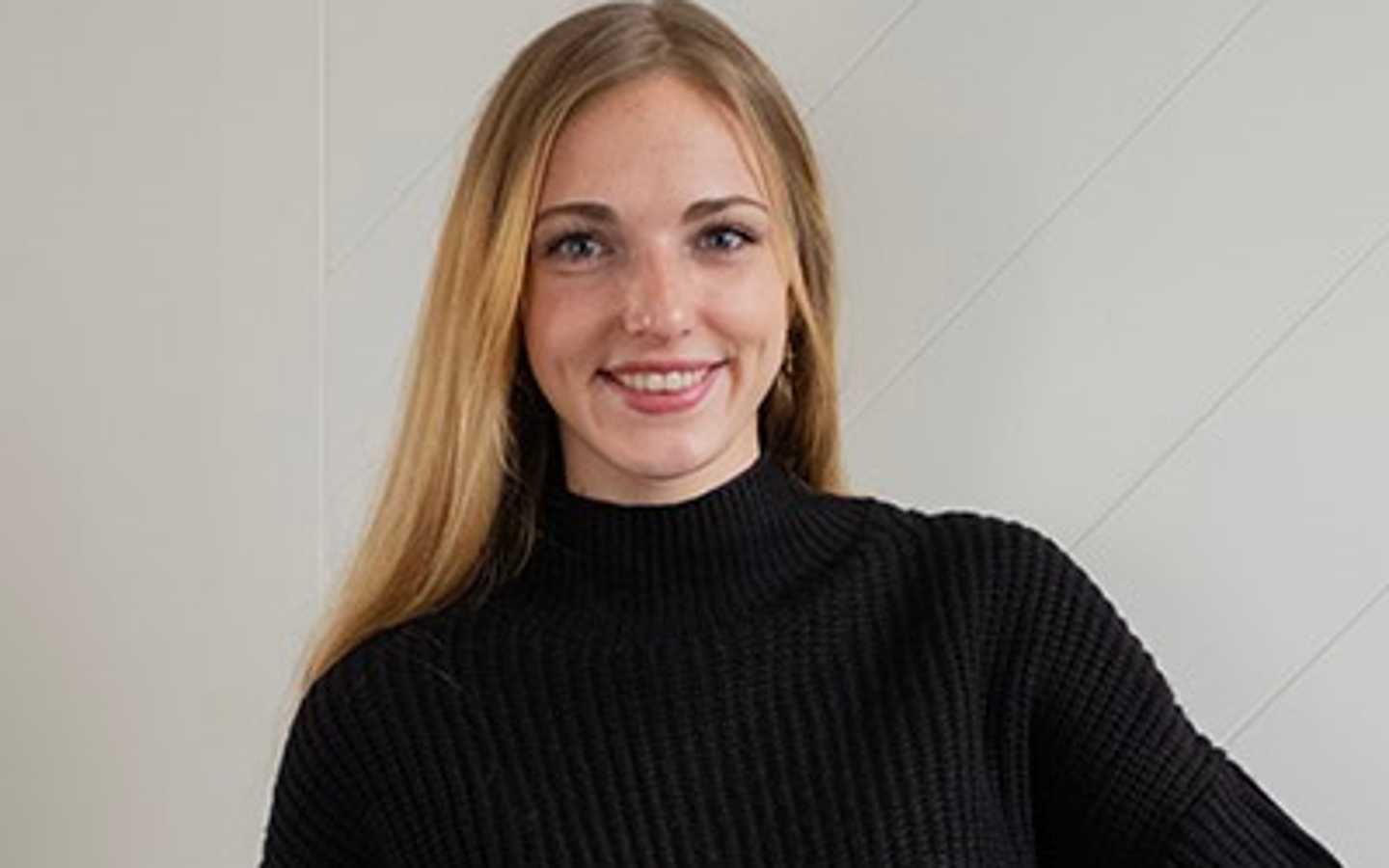
Urmond
2019
2 employees
I felt like a nag when I kept on asking questions. Unjustified
How was your approach from introduction to first delivery?
JB: "The first meeting immediately felt familiar. Probably also because the contact person was Dutch. After that, we stayed in touch. And still there is a lot of contact with every order. For instance, before delivery of a container I always receive a sample to test and taste the quality.
After we got acquainted, we could do business immediately, but first I wanted to talk about the way they work. We did. For me this is important to know. I previously had a successful IT business. We made websites for big brands. Made sure more sweets, beer and jewellery were sold. I quit that because it started to bother me. I thought to myself: will this make the world a better place? But coffee plantations in vast, barren fields do not make the world a better place either. On the other hand, coffee grown in a forest has great advantages: less water use, less pesticides, less fertiliser. And the forest is not cut down. That removes a lot of CO2 from the air. Since I know this, it is my mission for all coffee to come from forests (in Dutch)."
IR: "In the first weeks, I was talking a lot with a supplier contact. Via video calls and WhatsApp. The start in China felt right away. From both sides, we wanted to get on with it. I had the necessary requirements for my socks. Since I attach a 'clicker' in them myself, for example, I wanted a thicker edge for more comfort. Samples soon came my way and I sent back my comments and questions. Until we ended up with the socks I now buy. A forwarding agent arranges the transport and customs matters."
Jop Bröcker
Owner of Brute Bonen (Brutal Beans)
Jop Bröcker buys an espresso machine from Pieter-Paul Mens in 2014. At home, his espresso tastes not as good. Depends on your beans, says Mens who roasts his coffee himself. With the freshly roasted beans, it does work. "Wow, those are brutal beans," responds Bröcker. That perfect espresso becomes the start of a joint business. Customers get their freshly roasted beans through the mailbox.
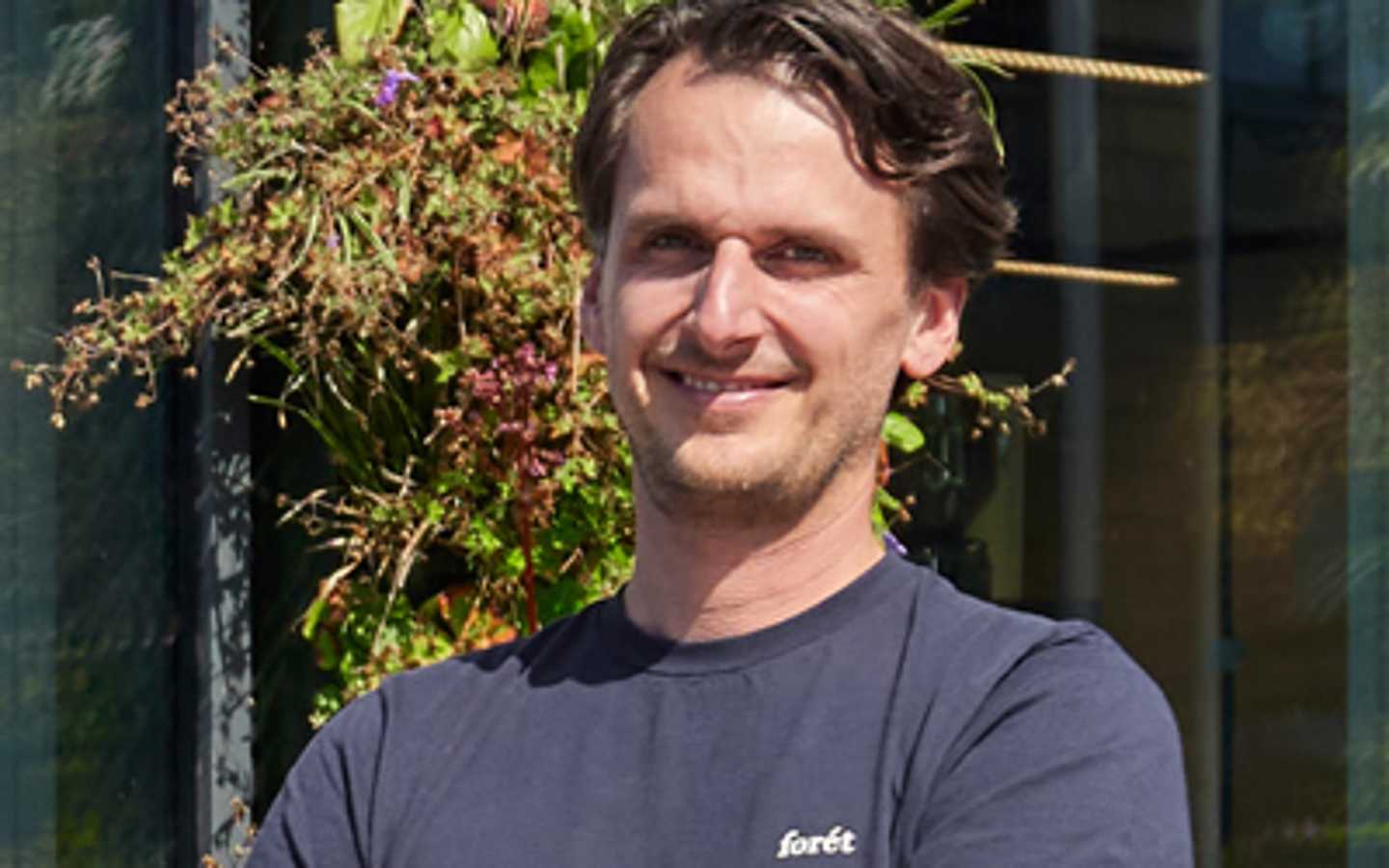
Den Haag
2020
15 employees
It felt like €40,000 disappeared into a black hole
Who called the shots with the first orders?
IR: "I did. The supplier did want to go faster, but I did it at my pace. For a while, I felt some pressure. Even after the first delivery, the supplier immediately started talking about a new order. I did not experience it as annoying, there is respect from both sides. I have always been honest. As a starting importer, I first wanted to see how things would go. When I indicated that I needed time, there was understanding. Now I can knock on their door when I am ready. Even if it is in a year's time. In the meantime, we have quarterly contact. We discuss how things are going and are working on new samples. For a new product with a nice colour or print."
JB: "That really came from both sides. I wanted traceable coffee beans. So that I know where the coffee comes from and how it was grown. These beans were not readily available because the harvesting was already done. But we had made agreements about this. I received the first container in early 2021. From the second order, I can see exactly where the beans come from.
The same is true for the coffee we get from Bolivia. There, Trees for All helps farmers switch to sustainable cultivation: from monoculture to forestry. When I discovered that, I immediately got in touch. I wanted to import that coffee. The group of farmers in Bolivia had no experience in exporting yet, but got to work right away. Selling to the Netherlands yields more than the national market."
Starting importers suffer from tension and uncertainty. Do you recognise this?
JB: "Definitely. About a lot of things. The first payment, for example. That was impossible for me to follow. Then you transfer €40,000 to a 16-digit foreign account number. It felt like my money disappeared into a black hole. And only after 4 days I received notification from India that the money had arrived. Bolivia was another completely different experience. I suddenly got all kinds of questions. From the bank: 'Who are you doing business with there?' From the Customs Administration, who also opened the container. Well, Bolivia also exports a different product, of course....
With orders from China, I felt more uncertainty. Will I get the delivery? Are they the exact coffee bags I want? Will they fit through the mailbox? Will that filling machine work? You may get videos showing it works, but still, you are buying an expensive machine. The orders from China are arranged for me by a forwarding agent, from A to Z. Also because we have a few pallets coming from there. Not a full container."
IR: "I recognise those feelings completely. So many new things come at you. Everything unknown to me. You start to doubt; am I forgetting something, what am I actually doing.... I had never heard of a forwarding agent. When I Googled it, I soon realised I needed one. Choosing a forwarding agent gave me a lot of peace of mind right away. The feeling of 'this is going to work out fine'. But even then. With the first order, I still got that gut feeling again: is it coming in, am I not missing something? And maybe that feeling will remain for years to come."
Video: Import transport and clearance: 'Complicated!'
What advice do you have for starting importers?
IR: "Do not be modest. Stand your ground for what you want. I felt like a pain in the ass when I kept asking questions. But you are not a nag. You are entering into an agreement. Maybe for a long time. And you want a product you fully support. So, you want everything to be to your liking. And that you make good agreements with each other. In my case, also about the rights, because I have custom-made products made. In the beginning, the supplier is also searching when it comes to customisation. Then it only helps if you are as clear as possible. In the end, the sock the way as I wanted it was made after seeing and feeling several samples. With videos, they kept me informed of adjustments from China. That was the quickest and easiest way.
JB: "Just do it. It really gives a kick when it works and your order arrives. Look, for many products, you can find a middleman in the Netherlands to arrange it for you. But if you plan to import regularly, yes, I would just embark on the adventure myself. I have a lot of things well figured out. Because I always want to know what happens. For example, the moment my supplier suggested we pick an Incoterm® for the delivery. Naturally, his suggestion was one that was favourable to him. So I'm glad I decided to read all about it before making arrangements."
